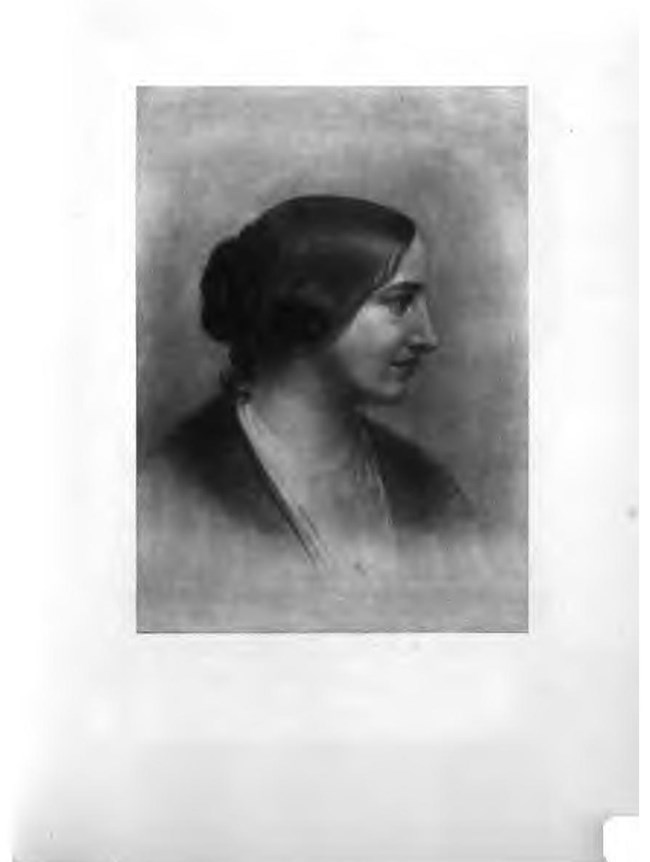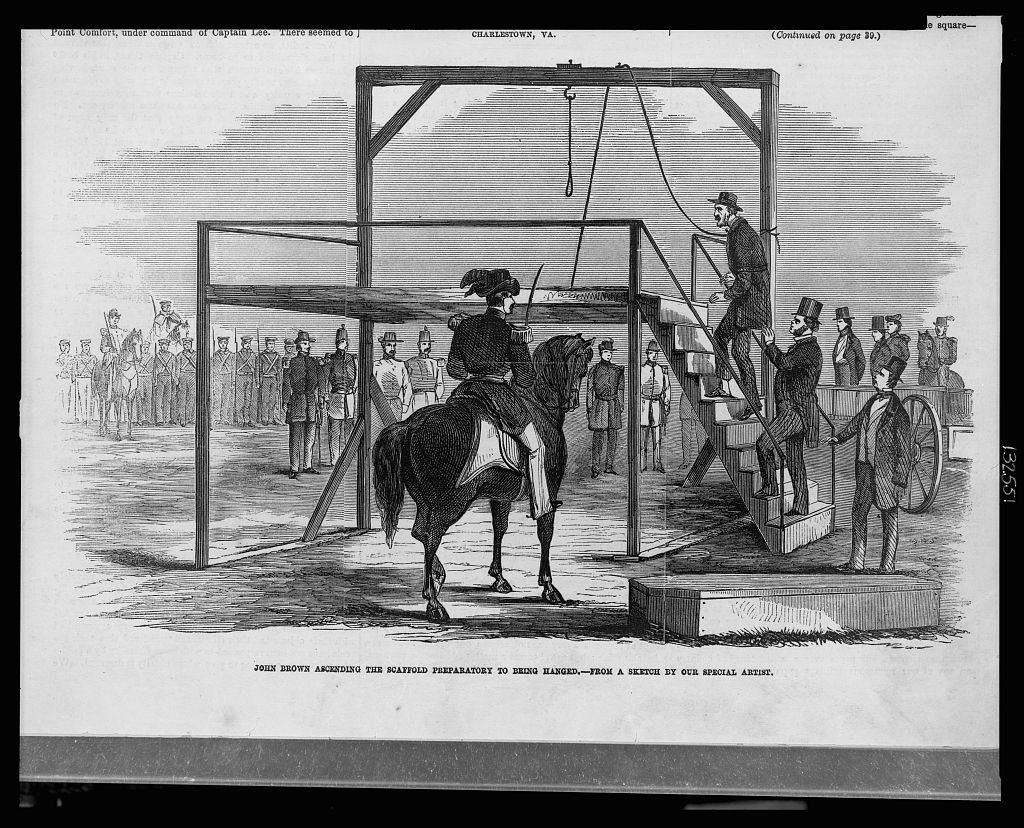Last updated: January 23, 2025
Article
Harriet Tubman's Boston: December 2, 1859
The following article is part of a series exploring Harriet Tubman's deep connections to Boston, highlighting several key moments, people, and places that illustrate her long relationship with the city and its community. To learn more, visit Harriet Tubman's Boston.

"Reminiscences of Ednah Dow Cheney," Archive.org
"It was God in him."
Ednah Cheney House, 94 Chestnut Street
As the time for John Brown's attack neared, Tubman became ill and likely recuperated in New Bedford, Massachusetts.1 She ultimately did not participate in his failed raid on Harpers Ferry.
Authorities quickly tried, convicted, and sentenced Brown to execution on December 2, 1859. Back in Boston, an inconsolable Tubman sought the comfort of her friend Ednah D. Cheney on the day of Brown's death. Cheney wrote, "I shall never forget the eloquence of her expression on the day when John Brown's men were executed."2 According to her, Tubman said:
I've been studying and studying upon it,...and its clar [sic] to me, it wasn't John Brown that died on that gallows. When I think how he gave up his life for our people, and how he never flinched, but was so brave to the end; its clar [sic] to me it wasn't mortal man, it was God in him. When I think of all the groans and tears and prayers I've heard on the plantations, and remember that God is a prayer-hearing God, I feel that his time is drawing near.3
Footnotes
1. Stephen Kantrowitz, More Than Freedom: Fighting for Black Citizenship in a White Republic, 1829-1889 (New York. Penguin, 2012), 249; Larson, Bound for the Promised Land, 173-174.
2. Ednah Dow Cheney, Reminiscences of Ednah Dow Cheney (Boston: Lee and Shepard, 1902), 81-82.
3. Kate Clifford Larson, Bound for the Promised Land: Harriet Tubman, Portrait of an American Hero (New York: One World, 2005), 177.

